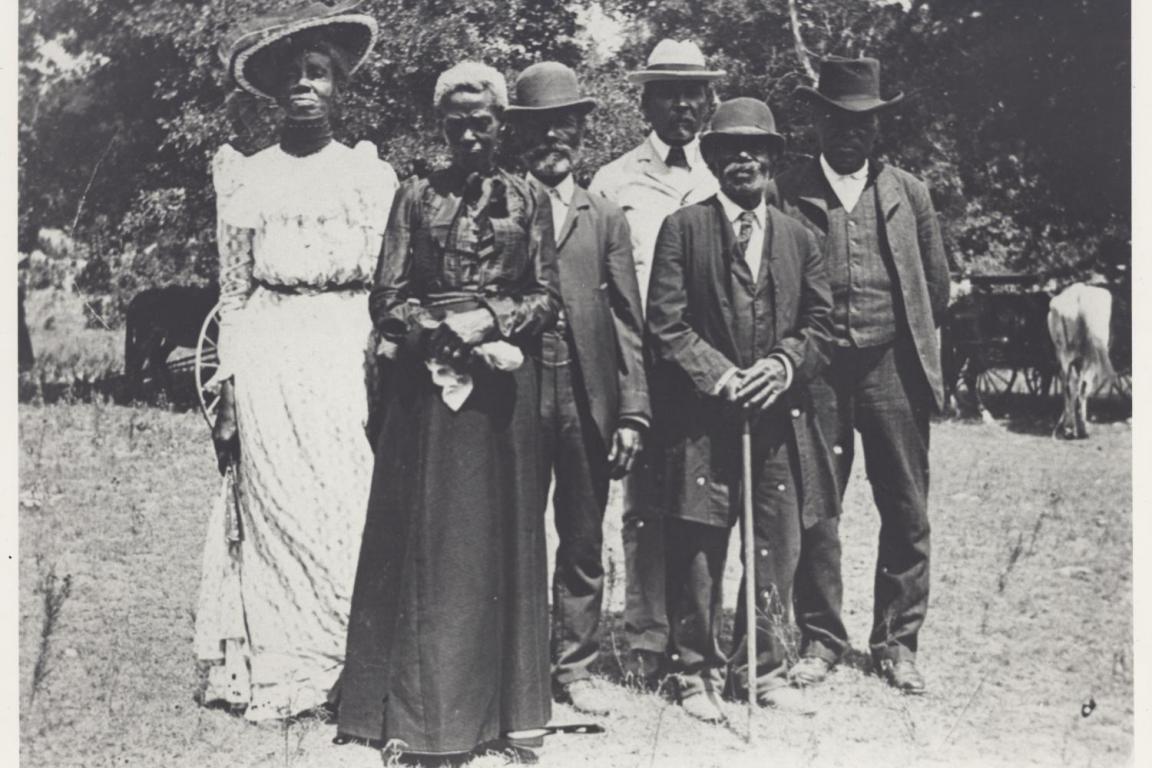It’s been only one year since Juneteenth was federally recognized as a holiday in the United States, however it’s been celebrated throughout the country in a variety of different ways for more than 150 years making it the longest running African-American holiday. Formally Juneteenth celebrates the emancipation of enslaved African-Americans previously held in bondage while informally the holiday serves as a celebration of African-American history and culture in general.
The beginning of the Juneteenth Holiday actually stems from the lack of announcement and enforcement of the Emancipation Proclamation, written by Abraham Lincoln in 1863 throughout the confederate south. While in many of the other confederate states the Proclamation was announced and imposed, Texas the most remote state of the confederacy did not receive word of emancipation until June 19, 1865 from Union Army General Gordon Granger effectively freeing the enslaved African-American population of Texas.

It is historically important to note that in two union states, Delaware and Kentucky slavery remained legal until the ratification of the thirteenth amendment nearly six months after the Juneteenth memorial date. Although the thirteenth amendment supposedly ended slavery in the United States the amendment itself specifically details that, “Neither slavery nor involuntary servitude, except as a punishment for crime whereof the party shall have been duly convicted, shall exist within the United States, or any place subject to their jurisdiction”.
Essentially slavery was not abolished but confined only to citizens who were convicted of a crime and given a prison sentence. This clause in the amendment would unfortunately lead to an adaptation of discrimiation in the United States to continue the enslavement of citizens, most notably laws created to criminalize black existence known as ‘Black Codes’. These included African-Americans being jailed and sentenced to forced labor for bad language and selling products after sunset.
While Juneteenth is a celebration of freedom for enslaved African-Americans, it’s beyond paramount to acknowledge the constant struggle against the forever persisting forms of enslavement through the methods of racism and discrimination in the United States.
The celebration of Jubilee Day as it was known in Texas, was first held one year after the initial announcement on June 19, 1866 and many early celebrations utilized these gatherings as political rallies to educate African-Americans on their voting rights as new citizens of the United States. Juneteenth assemblies, while used for enjoyment also proved to be important for voter and general education as early celebrations were barred from the use of public parks under the guise of the ‘black codes’.
In the 1900s there was a large decline in Juneteenth Celebrations due to Jim Crow laws imposing a second class citizenship on African-Americans. This imposition combined with capitalism forced many African-Americans seeking upward economic mobility and assimilation to American society unable to take time off from their jobs and/or school to participate. With the Great Depression and subsequent Great Migrations of African-Americans from Texas and other parts of the south, the Juneteenth celebration expanded to states and cities all over the country.
The Civil Rights movement during the 1950’s and 1960’s saw another rational decline due to the focusing of the movement on pressing legal issues. During this decline celebrations were still held in Texas and in the following decades to the present there’s been a resurgence prompting it to be recognized as a national holiday. This recognition cannot be stated without mentioning the ‘grandmother of Juneteenth’, Opal Lee who in 2016 walked from Fort Worth, Texas to Washington DC, gaining advocacy for Juneteenth which is now a federal holiday.
Traditions of Juneteenth revolve around the three tenets: celebration, education and agitation. Due to many prohibitions of African-Americans from certain facilities dating back to its inauguration, Juneteenth is usually celebrated at a church or near a water source. Juneteenth events include: storytelling to assimilate African-American stories into the commonplace, singing of traditional songs, reading from distinguished African-American writers, and enjoying traditional African-American cuisine. Arguably the most important event is the education of African-American heritage which instills pride and honor in the community.
Here in Long Beach Juneteenth will be recognized in a variety of different ways through several events:
A history retelling, song and an interview with Baba the Storyteller at the Aquarium of the Pacific from 1-2 PM,
The Long Beach Juneteenth Celebration
An entertainment filled celebration with guest speakers at the Rainbow Lagoon from 10:30 AM – 7:00 PM,
We hope to see you on Juneteenth celebrating this truly integral holiday with love, joy and respect alongside members of the Long Beach community and beyond.
Featured image: Emancipation Day celebration, June 19, 1900 held in "East Woods" on East 24th Street in Austin. Credit: Austin History Center.





